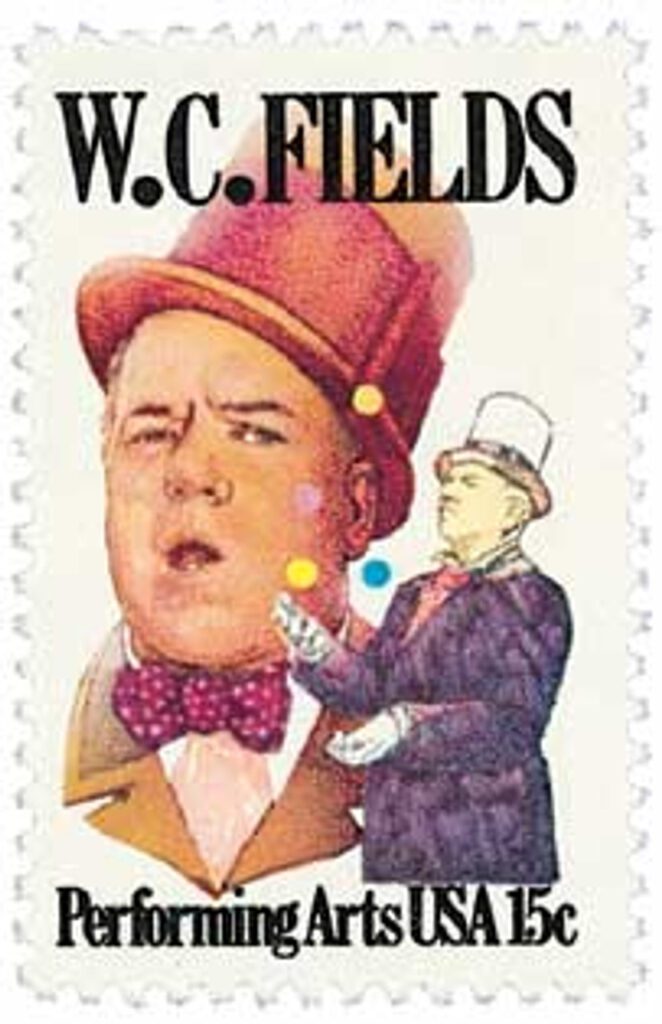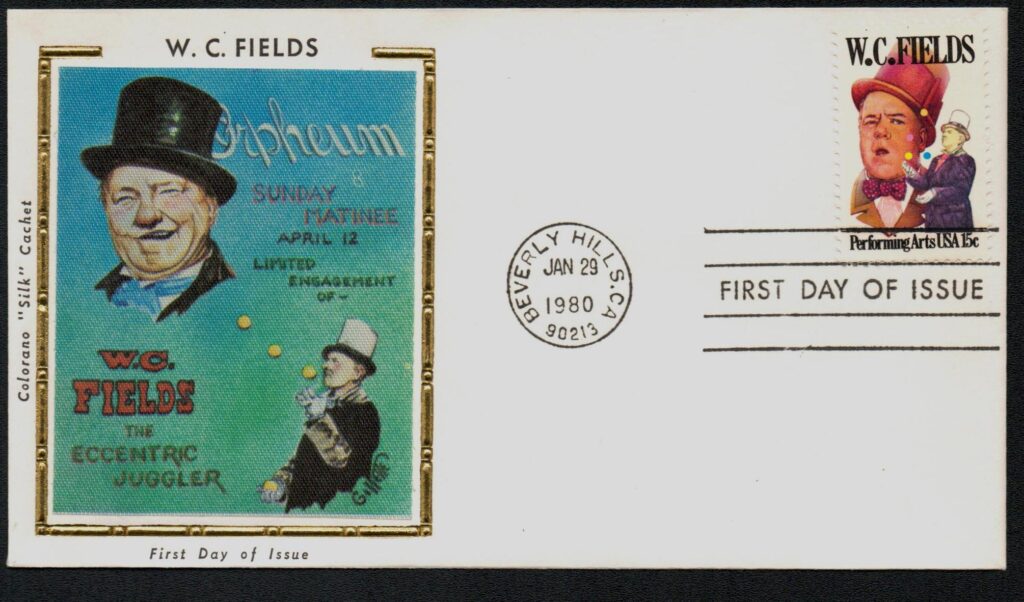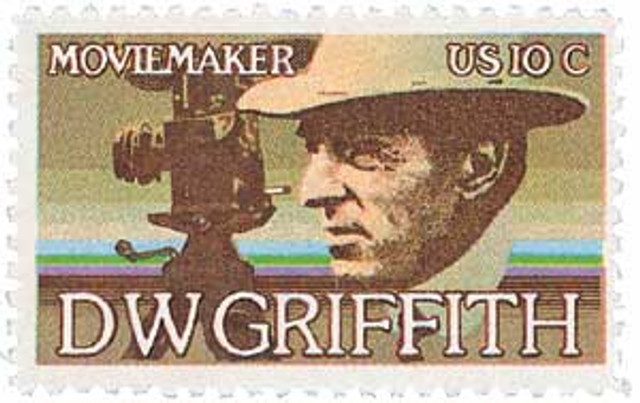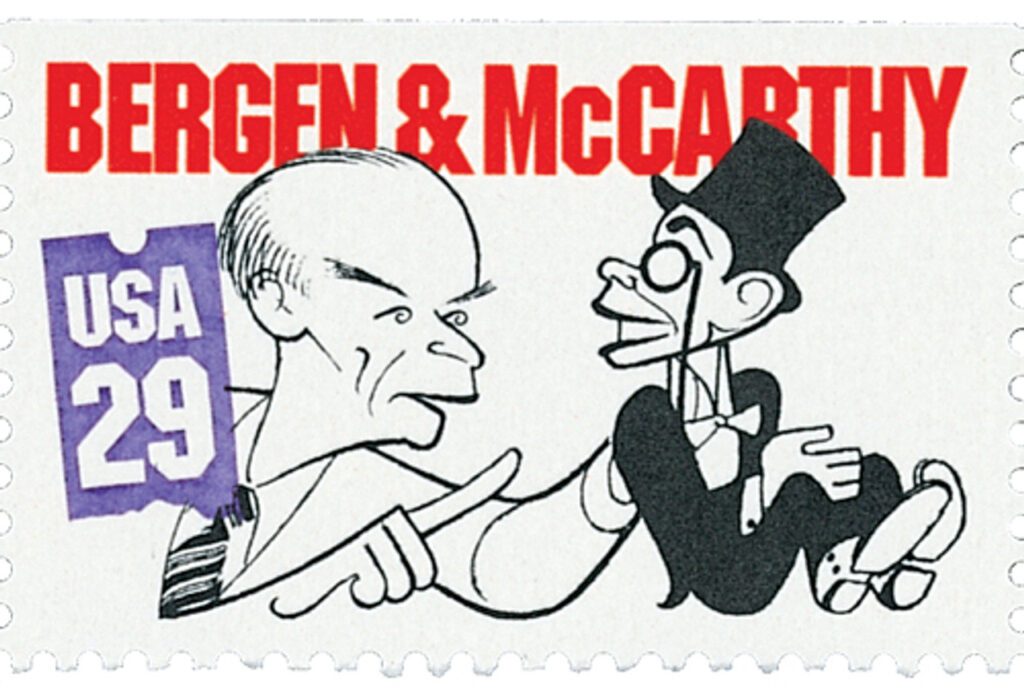William Claude Dukenfield (better known as W. C. Fields) was born on January 29, 1880, in Darby, Pennsylvania.
The oldest child of a Civil War veteran, Fields reportedly didn’t get along with his father, and frequently ran away from home as early as nine years old. He received occasional schooling and worked for a time selling produce from a wagon with his father. He also worked in a department store and oyster house.
In later years, Fields told dramatic stories of his childhood, claiming he was a runaway living on the streets of Philadelphia from a young age, though other evidence suggests he had a happy home life. (In fact, when he later made a good enough living he bought his parents a summer house, allowing his father to retire, and helped them learn to read and write so they could write to him.)
As a teenager, Fields discovered he had a talent for juggling and began performing at churches and theaters. At the time, James Edward Harrigan, the “Original Tramp Juggler” was quite popular, so Fields created a similar costume to join the vaudeville circuit. He wore a beard and worn out tuxedo, performing as a “tramp juggler” under the name of W.C. Fields.
In 1900, Fields hoped to stand out among the large number of “tramp” acts in vaudeville, so he started working as “The Eccentric Juggler,” using then-uncommon juggling items such as cigar boxes and hats. By 1903, he was referred to as the world’s greatest juggler and headlined North American and European tours.
Suffering from a stutter, Fields generally didn’t speak on stage, aside from the occasion comedic mumbles. But he wanted to be more than a juggler – he wanted to be a comedian. So in 1905 he got over his fear of speaking on stage and did his first Broadway play – The Ham Tree. Then in 1915 he joined the Ziegfeld Follies. For the next seven years Fields remained with Ziegfeld performing comedy sketches. During this time he adopted his signature look – a top hat, cut-away coat, and cane.
Fields also began acting in silent films in 1915, starring in two shorts – Pool Sharks and His Lordship’s Dilemma. Also during this time, he appeared in the film adaptation of Poppy (retitled Sally of the Sawdust), directed by D.W. Griffith. Though he acted in a number of silent films, Fields didn’t find significant success until he began appearing in “talkies.” By 1931, he had moved to Hollywood, where he began writing, directing, and starring in films. Fields’ greatest honor came in 1935 when he got to play Mr. Micawber in David Copperfield.
By 1936, Fields’ health was declining due to years of heavy drinking, and he took a break from films but found work in radio. He began working with Edgar Bergen and his ventriloquist dummy Charlie McCarthy on The Chase and Sanborn Hour for weekly shows. His radio work eventually renewed his popularity with the public and he signed a contract with Universal Pictures. He did a number of movies, most notably The Bank Dick, in which he had a memorable exchange with Shemp Howard of the Three Stooges.
Fields’ health continued to decline, resulting in his death on December 25, 1946.
Click here to watch some of Fields’ early shorts.
| FREE printable This Day in History album pages Download a PDF of today’s article. Get a binder or other supplies to create your This Day in History album. |
Click here to see what else happened on This Day in History.





Not much research on this one. I was expecting “I’d rather be in Philadelphia”, “It’s not a fit night out for man or beast” or an encounter with Mae West to be included. Just the same, Happy Birthday W.C. Fields. Oh yeah “Beat it kid, I like kids fried”
Anther short but informative gem. When growing up I knew W.C. Fields was a famous movie star but never had a clue that he came to his stardom by juggling. Thanks for this informative and interesting series.
William Claude Dukenfield became a star in the Broadway musical comedy Poppy (1923), in which he played a colorful small-time con man. His subsequent stage and film roles were often similar scoundrels, or else henpecked eberyman characters.
W.C. Fields grave marker “I’d rather be in Philadelphia”, I’d like to see Paris before I die. Philadelphia will do.
Can you add a link to a PDF for this article? Thanks!